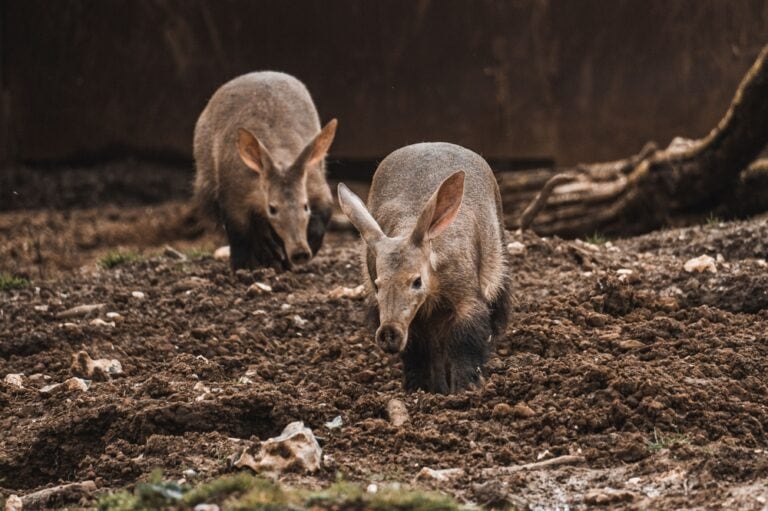OpenAI introduces Aardvark, an autonomous security agent that detects and resolves code vulnerabilities. The tool is now available in a private beta and is designed to help developers prevent security issues.
Benchmarks show that Aardvark recognizes 92 percent of known and synthetically introduced vulnerabilities in test repositories. OpenAI has already discovered and reported dozens of vulnerabilities in open-source projects, ten of which have been assigned CVE numbers.
OpenAI claims that Aardvark also uncovers logic flaws, incomplete fixes, and privacy issues. “Our testing shows that around 1.2% of commits introduce bugs—small changes that can have outsized consequences,” the company says.
The tool works with platforms such as GitHub and existing workflows. This should ensure that developers remain productive while security is improved.
AI as a security researcher
Software vulnerabilities remain a serious problem. Tens of thousands of new vulnerabilities are discovered every year, and developers are constantly trying to stay ahead of attackers. Aardvark addresses this challenge by leveraging GPT-5 and reasoning technology. The tool continuously scans code repositories to identify issues before they are exploited.
Unlike traditional analysis tools, Aardvark takes a more human approach. It analyzes code as a security researcher would: by reading code, running tests, and deploying tools.
From discovery to solution
The security agent goes through several phases. First, it creates a threat model based on the entire repository. It then checks new commits against this model. With each new connected project, Aardvark scans the existing codebase. OpenAI explains in the announcement that the system explains vulnerabilities step by step with annotations.
After identifying a potential vulnerability, Aardvark attempts to exploit it in a sandbox environment. This minimizes false positives. As a final step, Aardvark generates a patch through integration with OpenAI Codex. This provides developers with a ready-to-use solution.
OpenAI has also adjusted its disclosure policy. Instead of rigid deadlines, the company has opted for a collaborative approach. “We anticipate tools like Aardvark will result in the discovery of increasing numbers of bugs, and want to sustainably collaborate to achieve long-term resilience,” the explanation reads.
The private beta is now open to selected partners. OpenAI primarily wants to validate Aardvark’s performance across different environments.
Tip: OpenAI is aiming for the largest IPO ever, but is being patient
